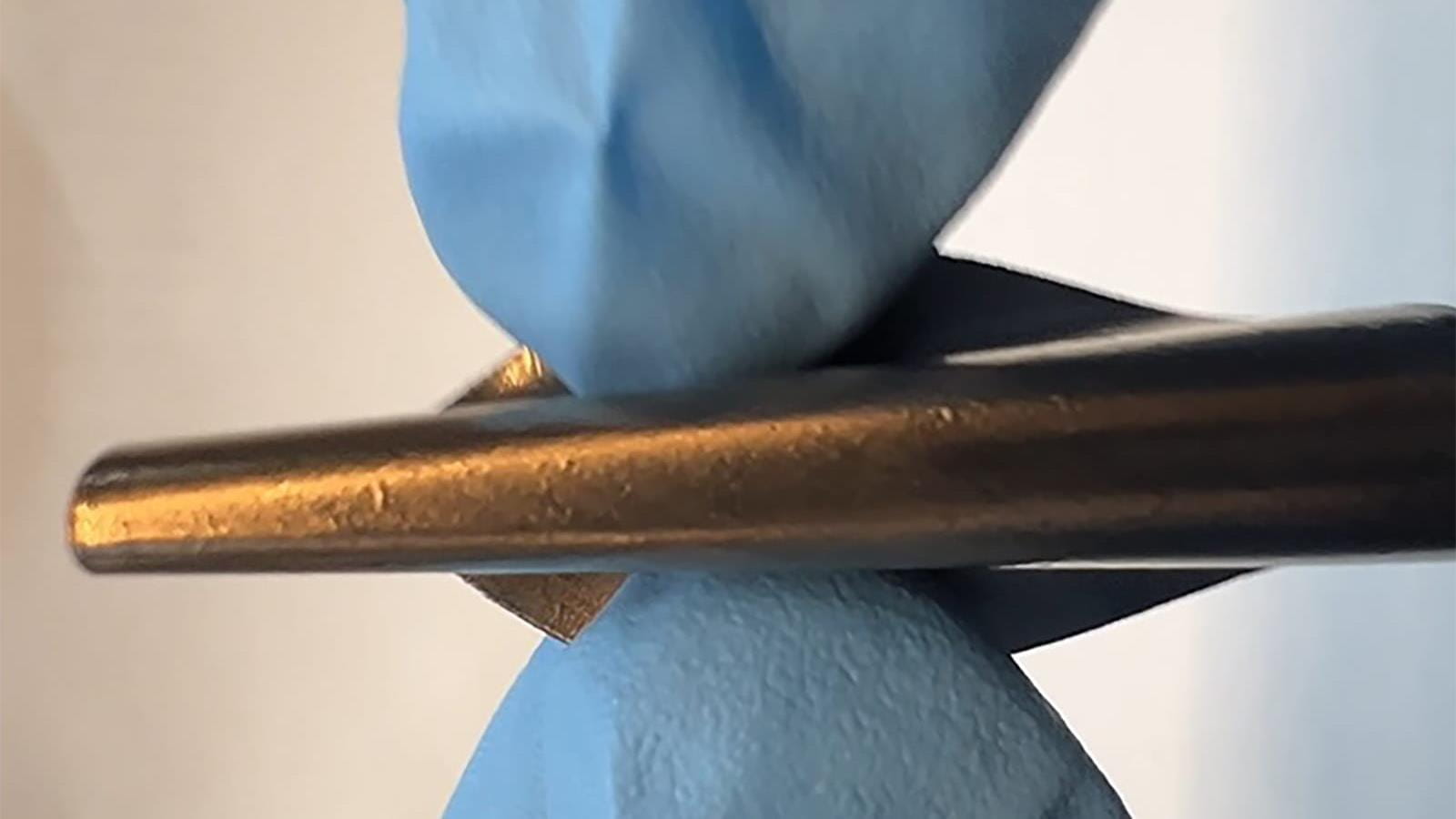Far From Home: Co-op Takes Drexel Senior to China

- MXene Nanomaterials Enter a New Dimension
- A Nanomaterial Flex — MXene Electrodes Help OLED Display Technology Shine, While Bending and Stretching
- Mosquitoes' Bloodsucking Tubes Could Enable High-Definition 3D Printing
- MXene Current Collectors Could Reduce Size, Improve Recyclability of Li-Ion Batteries

Amanda Pentecost, a senior in Drexel’s Department of Materials Science and Engineering, knew growing up that she wanted to be a researcher. This desire led her to Drexel, and to Dr. Yury Gogotsi, professor and director of the A.J. Drexel Nanotechnology Institute. Pentecost completed two co-ops under Gogotsi, first serving as the lead research assistant on a collaborative project with Thomas Jefferson University’s orthopedic and ultrasound departments. She recently arrived in China at the Shanghai Advanced Research Institute (SARI) as the first student to take part in the Drexel-SARI partnership.
When choosing her second co-op, Pentecost knew she wanted to travel outside of Philadelphia. She wanted to expand her knowledge as a scientific researcher and test her limits as a growing adult. Having never traveled out of the country for a long period of time, she was both intrigued and terrified by the prospect of studying in China—a place that, as she explains it, was so foreign to her she may as well have been traveling to another planet. But, she ultimately decided to go.
“I knew that I had to take the leap into this new world and learn everything I could from the experience,” she said.
Though she was certain she wanted to study outside of the U.S., Pentecost was initially unsure of where exactly to go. She reached out to Gogotsi, her advisor, and asked for some suggestions. What happened next demonstrates the importance of networking, she said.
“Dr. Gogotsi began excitedly telling me about how he was involved in the starting of the collaborative project with SARI, which was being supported by the formation of a formal partnership between Drexel and SARI. The project he wanted to start there would be an extension of what I was already working on at Drexel.”
Gogotsi immediately contacted Drexel’s Global Initiatives Department, and Pentecost was on her way to China shortly thereafter.
While at SARI, Pentecost is working on the development of a nanomaterial-based platform for anticancer drug delivery. Currently, there are very few non-invasive methods of penetrating the blood-brain barrier to deliver brain tumor treatment drugs to the brain. As she explains it, the ultimate goal of this project is “to use the novel carbon nanomaterial, nanodiamond, to create a new safe and effective mode of drug delivery.” There are many forces at work to ensure that this project is successful, allowing for collaboration across a variety of disciplines.
Describing her current co-op as an “amazing opportunity,” Pentecost emphasizes the benefit of co-op and its ability to give students the chance to apply theoretical knowledge learned in the classroom to practical situations one might encounter in the workplace. When speaking to prospective students, she talks about the satisfaction one gets when classwork translates to the research lab; too often, students blindly complete lab work without a true understanding of a project’s purpose. Co-op brings classroom work to life, she said, allowing students to perform that classroom work for a specific objective and application.
“That ‘Aha! moment’ when you notice yourself actually applying things you learned in class is so thrilling and only comes through a combination of traditional and hands-on learning,” she said.
Fortunately, this combination of traditional and real-life learning lies at the foundation of Drexel’s curriculum.
Drexel News is produced by
University Marketing and Communications.